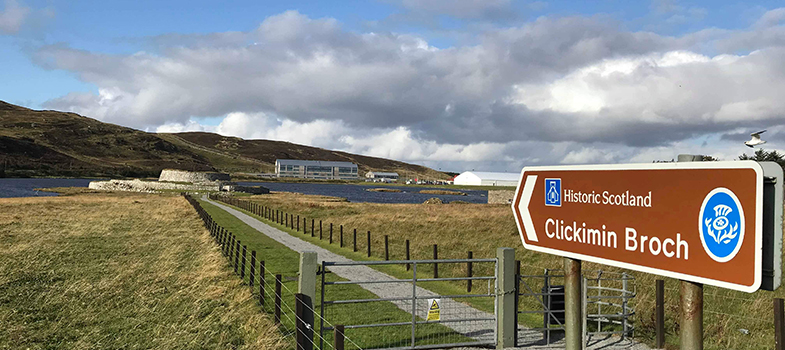12.1 Oral vs printed tradition
Scots song exists in large part via what is known as an ‘oral tradition’, that is to say, people often learned songs through their family and social circle without necessarily writing them down or learning them from printed sources.
The majority of Scots songs are considered to be ‘traditional’. In other words, they have no known author, as the songs are often centuries old and authors’ names have been lost over time. It is important to bear this in mind when thinking about Scots song, because it helps explain why there is no ‘fixed text’ or ‘right’ way of singing most Scots songs.
Yet, there are songs for which there is an established author and definitive published text, e.g. in the case of people like Robert Burns, Robert Tannahill or Lady Nairne (Carolina Oliphant), as well as modern songwriters writing in the Scots idiom. But even then, the ‘tradition’ often means these words become altered through time as people interpret and adapt them in their own way. In many cases, songwriters, including Burns, were building on older songs found in the tradition to produce their own work.

It is for these reasons that we sometimes talk about ‘versions’ or ‘variants’ of traditional songs. Variants can be influenced by the region in which they are found, either through the localising of particular place names in a song, or changing the dialect in which it is sung. That said, the language of Scots song can differ from place to place and does not necessarily follow dialect areas, as the Scots Language Centre website’s Scots Song section explains:
“The classic narrative ‘Child’ ballads, or muckle sangs, tend to be sung in a less regionally-distinct 'ballad Scots', whereas other types of songs, e.g. bothy ballads, can be quite regionally specific in their dialect. There are no hard and fast rules however, and various factors come into play […] Many songs in Scots-speaking areas have a strong print tradition, having moved around with the growth of cheap presses, and as such are often found in standard English, alongside other songs in the local dialect.”
The process of printing songs may also have meant the language was corrected or mis-spelled by publishers and editors – made more difficult with Scots not having an official or standardised spelling system.
It is also important to view Scots song in the wider context of English-language song from across the British Isles – especially Ulster which shares some repertoire - and further afield in places like Appalachia in the United States, which have their own variants of some of the same songs (particularly classic ballads or ‘muckle sangs’, see song types in section 11.3). In many cases, these songs will have travelled with emigrants from Scotland in the 18th and 19th centuries. Similarly, Scottish people brought songs back with them from their travels, e.g. those who worked on the sea.
Activity 3
Decide whether the following statements are true or false according to the information provided in this section.
a.
True
b.
False
The correct answer is a.
a.
False
b.
True
The correct answer is a.
a.
Most Scots song are considered ‘traditional’ - do not have a known author – mainly because the authors’ names have got lost over time in the oral tradition.
a.
True
b.
False
The correct answer is a.
a.
True
b.
False
The correct answer is a.
a.
False
b.
True
The correct answer is a.
a.
Scots has no written standard. That is why publishers and editors sometimes mis-spelled or wrongly corrected spellings in songs.
a.
True
b.
False
The correct answer is a.
12. Introductory handsel
